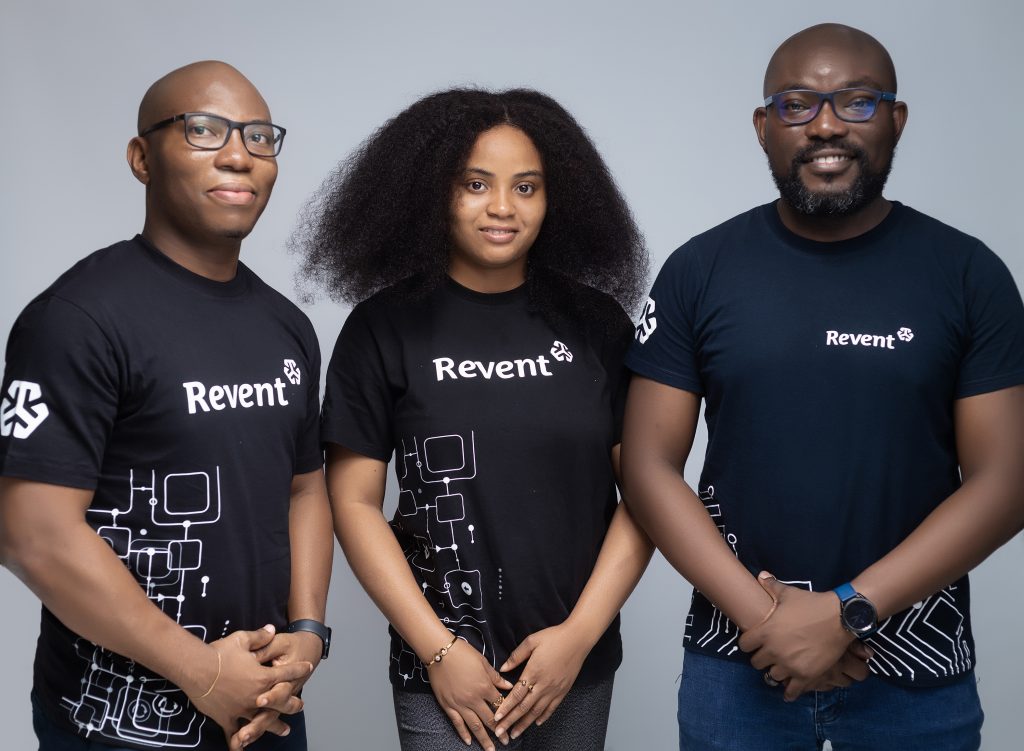
April 3rd 2022
The Next Wave provides a futuristic analysis of BizTech and innovation in Africa. Subscribe here to get it directly in your inbox on Sundays at 3 PM (WAT).
In Africa, a lot of small, medium, and micro-business owners do not have a bank account and do not keep their money in the bank. These business owners resort to cash handling and physical bookkeeping, but these methods have a costly ripple effect.
This makes these businesses—which make up 90% of the businesses on the continent—underserved by traditional financial institutions. Because these business owners are locked out of the financial system, they can’t get insurance. For example, in Nigeria, businesses lose millions from frequent market fires, and it is harder for them to get back on their feet because they don’t have insurance. Ninety-seven percent of Nigeria’s population do not have health insurance, and the 3% who do get it through formal employment.
Next up is access to credit. Businesses can’t get loans from banks because their bank statement, account or details are not enough or available for the bank to lend them money. But you know who has this important financial journey data? Online marketplaces, offline wholesalers, logistics companies, and even social media companies. And what do these non-financial providers all have in common? They are familiar with the everyday purchases of consumers and have access to consumers’ financial journey data.
Why embedded finance?
Embedded finance is the provision of financial services—such as lending, insurance, and payment—by non-financial providers to consumers, users, or businesses. For example, a logistics tech company like TradeDepot whose ShopTopUp platform provides a buy-now-pay-later (BNPL) offering which provides retailers with access to a credit line for all consumer goods on its application.

Why should you pay attention to the embedded finance industry? Many reasons.
The embedded finance industry in Africa and the Middle East grew annually by 45.3% to reach $10.3 billion this year and is expected to grow from $10.3 billion to reach $39.8 billion by 2029.
Embedded finance will take the burden off fintechs and banks to provide financial services and put power in the hands of businesses to control their financial journey. This is why pan-African fintech unicorn, Flutterwave launched a fintech-as-a-service (FaaS) solution, which allows individual businesses to open accounts, do know-your-customer (KYC) verification, receive payment from, and manage their customers’ accounts.
Partner Message

Receive money from over 30 countries directly to your bank account or mobile wallet. Visit send.flutterwave.com and do it now!
With just that example, it is evident that embedded finance has the potential to offer an integrated payment experience that will make the transition from cash to digital financial services easier.
The rise of digital financial services has helped in increasing the level of financial inclusion in Africa from 23% in 2011 to 43% in 2017. This figure has the potential to improve, and embedded finance has the potential to assist the continent’s business landscape in achieving that goal.
With banks and fintechs opening up the space to allow non-financial bodies to join the race to financially include Africans, open them to broader markets, and integrate and streamline their payment experience, connecting Africans to wealth might just be a matter of time.
From the Cabal
In the last 4 months, there have been 11,823 recorded casualties from road traffic accidents in Nigeria and 10% of these accidents were caused by bad roads and poorly managed vehicles. Autotech platform Flickwheel wants to change this by offering to finance vehicle repair and maintenance for drivers. Read more about how it is doing this here.
Have a great week.
Thank you for reading The Next Wave. Please share today’s edition with your network on WhatsApp, Telegram and other platforms, and reply to this email to let us know what we can be better at.
Subscribe to our TC Daily Newsletter to receive all the technology and business stories you need each weekday at 7 AM (WAT).
Follow TechCabal on Twitter, Instagram, Facebook, and LinkedIn to stay engaged in our real-time conversations on tech and innovation in Africa.
Sultan Quadri, Staff Writer, TechCabal.











